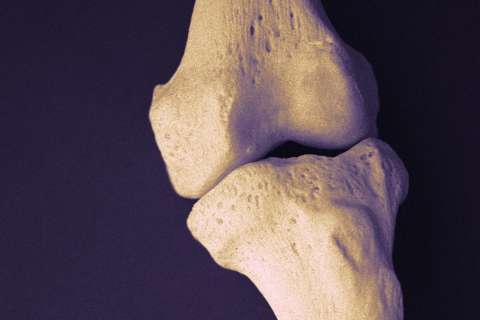Dear Doctors: I was recently home alone, and I remember feeling dizzy. The next thing I knew, I was at the hospital. My husband says I called him and asked for help, and he called 911. I have no memory of any of this. I was told I had a TGA. What causes it? How dangerous is it to have a TGA?
Dear Reader: Your medical team has determined that you experienced what is known as transient global amnesia. It is commonly shortened to TGA. This is a type of memory disturbance that occurs suddenly, and, as the word “transient” describes, is temporary. Episodes last less than 24 hours and are typically far shorter than that.
TGA is marked by a lapse in anterograde memory, the term for the brain’s ability to learn new information and to retain it. When someone experiences an episode of TGA, their long-term memory remains intact. That includes the ability to recognize people and places, and to carry out their skill set of tasks and activities.
While this all sounds quite alarming and can be frightening to go through, TGA is considered a benign event. It is not a stroke, nor is it a precursor to a stroke. There are no known neurological deficits associated with this condition.
Episodes of transient global retrograde amnesia typically occur in middle-aged and older individuals. The primary symptoms are appearing disoriented or confused. Because TGA includes a loss of understanding of time and place, the person often repeatedly asks where they are and what time it is. The repetition of these questions is not due to a lapse in cognition. Rather, it occurs because a memory of having asked the question, as well as the answer, is not being formed.
Physical symptoms can include the dizziness that you experienced, which in some cases can lead to feeling nauseated and vomiting. Anxiety or headache can also occur.
Although the condition has been recognized and studied since the mid-1950s, the exact cause of TGA is not yet understood. Theories have pointed to strenuous activity, high stress, hypertension, migraine, vascular congestion, depression, exhaustion and anxiety as potential triggers for an episode. At this time, however, they remain unproven.
There is no specific test for TGA. As a result, diagnosis consists of ruling out any other possible causes for the individual’s symptoms. This is known as a diagnosis of exclusion. The process often includes measuring blood glucose and electrolyte levels, and screening for alcohol, drugs and toxins. Imaging scans, such as an MRI, are used to rule out stroke and other adverse neurological events. The person is also examined for evidence of head trauma.
There is no targeted treatment for TGA. The focus is on supportive care for the duration of the episode. This includes keeping the person safe and comfortable and managing their anxiety. Physical symptoms commonly begin to improve within hours of the onset of TGA, and anterograde memory gradually returns. Once an episode ends, it is uncommon for symptoms to recur.
(Send your questions to [email protected], or write: Ask the Doctors, c/o UCLA Health Sciences Media Relations, 10960 Wilshire Blvd., Suite 1955, Los Angeles, CA, 90024. Owing to the volume of mail, personal replies cannot be provided.)





